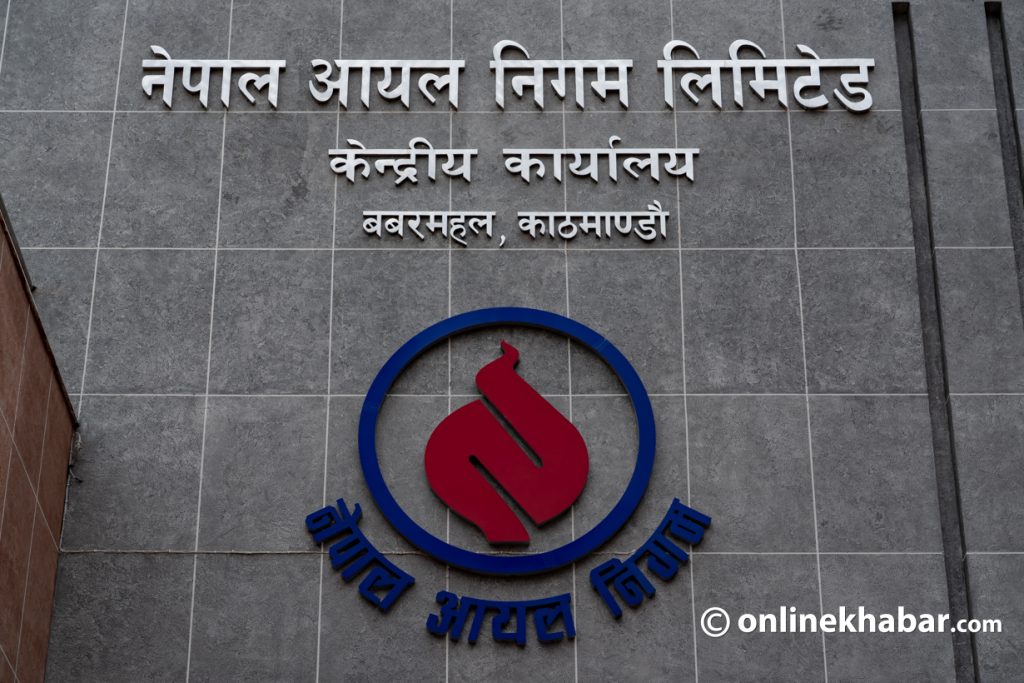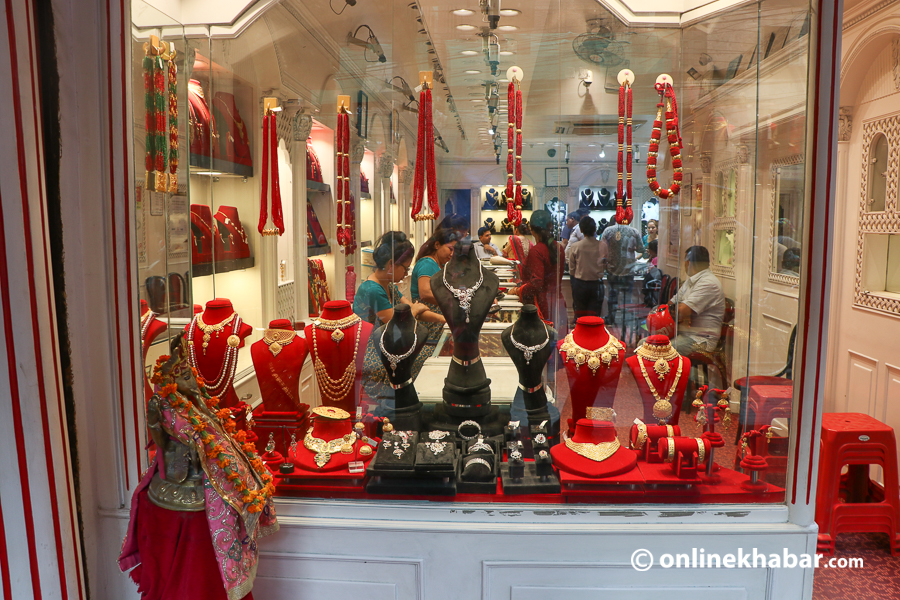
For 18 years, Bir Bahadur BK worked at GPS Training Centre, in Dehradun, India. His work was to make metal tools and khukhuris.
The job paid well, and with nearly two decades of experience, BK had become an expert in the field.
But all this came at a cost. Over the years, it had become increasingly difficult for him to take care of his household matters from Dehradun. He had two options: Continue the high-paying job (which meant spending less time with the family), or start a business back home (more time with the family).
BK chose the latter.
After returning to Amarwathok-8, Suntalabari, Gulmi, he opened his first metal workshop. He started making high-quality khukhuris, agricultural tools, grills, shutters, and gates. “I wanted to utilise the skills I learnt while working abroad. This was one way through which I could contribute to my society and add value to the standard of living here,” says BK.
The other reason BK came back was to teach others in his community skills of the metal trade, and to support them in their entrepreneurial journey. Blacksmiths in his village and surrounding areas still practise traditional methods. Traditional practices of metal work are similar to subsistence farming, the earning is never enough.
BK wanted to bring in changes. For that, he knew he had to begin by changing the mindset of the people and awaken the entrepreneurs in them. For that, BK organised various programmes at the local level. He even created a group to promote interaction among producers and distributors. However, due to the lack of education and awareness among the people, his initiatives found limited success.
Despite this, BK’s found a strong and loyal market at home.
“I wanted to be innovative and add value to my products. During the 18 years I spent in Dehradun, I learnt the trade of tool-making. But I wanted to keep improving my skills and take my skills a step further.”
One of his oldest customers, Lal Bahadur BK of Resunga Engineering Industry, says, “I am a distributor. My market is primarily based in Gulmi, Palpa, Rupandehi, Argakhanchi and a few other districts. I first bought Bir Bahadur’s products seven years ago. Ever since my first transaction, I have been extremely happy with his steel tools. The quality is good and the feedback I get from my customer was very positive. His [steel tools] are one of my top selling products.”
BK’s work has also found other loyal customers. Many people even travel for hours to reach his workshop in order to buy his tools.
Shyam Pradhan of Gauri Pokhara-2 is one such customer. “Bir Bahadur’s tools are of high standard. I come to his workshop directly to buy household and farm tools. It’s a one and a half hour walk from my place. We can find all kinds of tools here, and I always come here.”
All the products Bir Bahadur makes in his workshop in Gulmi are practical tools for household and agricultural purpose.
“I wanted to be innovative and add value to my products. During my 18 years in Dehradun, I learnt the trade of tool-making. But I wanted to keep improving my skills and take my skills a step further. The only way of achieving this was by being innovative.”

“Nobody in my village made khukuri for decorative purposes. But I knew there was a market. I designed a khukuri based on the market demand, using the resources available at home.”
One of the skills Bir had learnt while working in Dehradun was decorating steel products. In Dehradhun, one of his decorated khukuris had been sold for INR 85,000.
He wanted to make decorated khukuri in Nepal too; however, selling high-priced decorative khukuri items in Nepal was not possible.
“Nobody in my village made khukuri for decorative purpose. But I knew there was a market. I designed the khukuri based on the market demand of Nepal, using the resources available at home,” BK says. Manufacturing decorative khukuri by researching the market demand for his product paid off and at present BK’s designs sell for Rs 1,500 to as much as Rs 5,000.
BK was recognised as one position of the top 10 entrepreneurs in Gulmu by the Daayitwa Enterprise Challenge at Gulmi in 2015. He received a cash prize of Rs 25,000 along with mentorship and training that helped him give his business a boost.
BK’s business now brings in an annual profit of Rs 65,000. The demand for his products is high, but due to limited resources he hasn’t been able to meet the market demand.
Power cuts have added to his difficulties. At present, BK employs one labourer from his community. He plans to expand operations and create more jobs. BK also plans to look for a bigger market for his decorative pieces.
(The author is associated with Daayitwa)
***
Also read
In Nepal’s Palpa, a woman entrepreneur’s journey towards respect and independence
For this woman entrepreneur in Nepal’s Ramechhap, money grows on herbs
In Nepal’s Palpa, a ‘Dalit’ woman entrepreneur’s journey towards prosperity






















